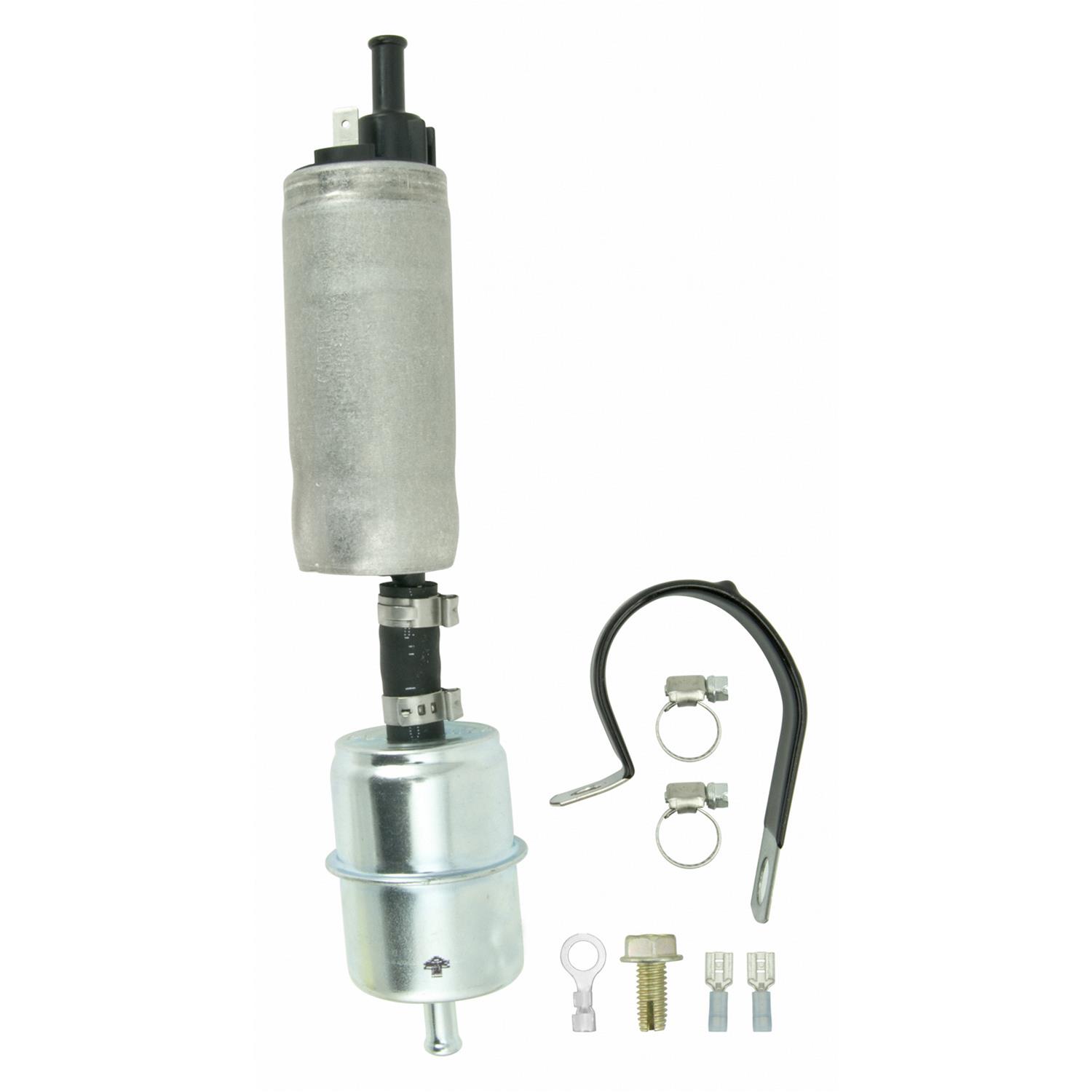Mechanical fuel pumps play a crucial role in delivering fuel from the tank to the engine in various mechanical systems. However, like any mechanical component, they are susceptible to failure. Understanding the causes behind mechanical fuel pump failure is essential for maintaining optimal performance and preventing costly repairs. In this article, we will delve into the three primary culprits responsible for mechanical fuel pump failure, providing valuable insights for both automotive enthusiasts and professionals.
- Wear and Tear:
One of the leading causes of mechanical fuel pump failure is the natural wear and tear that occurs over time. As the pump operates, its internal components, such as the diaphragm, valves, and springs, undergo continuous stress and fatigue. Eventually, this constant strain can lead to the deterioration of these vital parts, resulting in decreased fuel delivery efficiency or complete pump failure.
To mitigate wear and tear, regular maintenance is crucial. This includes periodic inspection of the pump's components, ensuring proper lubrication, and replacing worn-out parts promptly. Additionally, using high-quality fuel filters can prevent contaminants from entering the pump, reducing the risk of accelerated wear.
- Contaminated Fuel:
Contaminated fuel is another significant factor contributing to mechanical fuel pump failure. Fuel can become contaminated with various impurities, such as dirt, rust, water, or debris. When these contaminants enter the fuel pump, they can cause blockages, corrosion, or damage to the pump's internal components.
To prevent fuel contamination, it is essential to use clean and high-quality fuel. Regularly inspecting and replacing fuel filters is also crucial, as they act as the first line of defense against contaminants. Furthermore, storing fuel in clean and sealed containers and avoiding refueling from questionable sources can significantly reduce the risk of fuel contamination.
- Overheating:
Excessive heat can significantly impact the performance and longevity of mechanical fuel pumps. High temperatures can cause the fuel to vaporize prematurely, leading to vapor lock, a condition where the pump fails to deliver an adequate amount of fuel to the engine. Additionally, prolonged exposure to heat can cause the pump's internal components to expand, resulting in increased friction and potential damage.
To prevent overheating, it is essential to ensure proper cooling and ventilation around the fuel pump. This can be achieved by maintaining adequate airflow within the engine compartment, avoiding excessive idling, and addressing any cooling system issues promptly. Installing heat shields or insulating materials around the fuel pump can also help mitigate the effects of high temperatures.
Conclusion:
Mechanical fuel pump failure can be attributed to various factors, but understanding the three primary causes discussed in this article is crucial for preventing such failures. By addressing wear and tear, preventing fuel contamination, and mitigating overheating, individuals can prolong the lifespan of their mechanical fuel pumps and ensure optimal performance. Regular maintenance, fuel quality management, and temperature control are key practices that can help avoid costly repairs and keep mechanical fuel pumps running smoothly.


